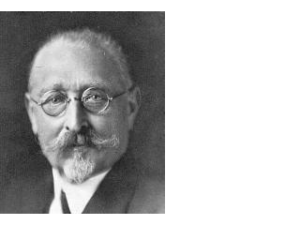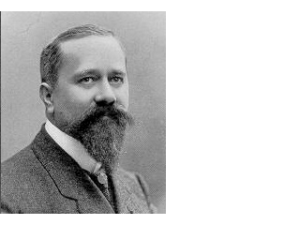
Camille Guérin

Albert Calmette
Development of BCG
Bacille Calmette–Guérin (BCG) is a live attenuated bacterial vaccine that contains the avirulent tuberculosis strain Mycobacterium bovis. BCG is historically given to protect against tuberculosis. Developed by Albert Calmette and Camille Guérin at the Pasteur Institute in 1919 and first given to humans in 1921, BCG is the most widely administered vaccine in the history of medicine and is considered to be extremely safe. BCG is on the World Health Organization’s List of Essential Medicines and is given to roughly 100 million children per year globally. BCG is also one of the most affordable medicines, costing less than a dollar a dose in many parts of the world.
BCG and Autoimmunity
“Hygiene Hypothesis” / “Old Friends Hypothesis”
The relationship between increased incidence of allergy and autoimmune disease and the decline in chronic infections in modern societies has been well documented and is often described in the context of the “Hygiene Hypothesis” or the “Old Friends Hypothesis.” These theories suggest that infectious diseases and bacterial exposure, in particular, may play an immunoregulatory role, including the induction of a cytokine called tumor necrosis factor (TNF) and potentially the upregulation of a population of T cells called regulatory T cells (Tregs). As societies have become more clean, urban, and less agricultural there has been a reduction in these infections and exposures coincident with an increase in the incidence of allergy and autoimmunity. It has been suggested that BCG may replace the impact of immunomodulating bacterial exposures lost in the move to cleaner societies.
Historical Evidence
Why Investigate BCG in Autoimmunity?
Early evidence for the potential role of BCG comes from studies of historic rates of allergy and autoimmunity in communities that are more modern and less agrarian, as well as communities of genetically similar populations that have been abruptly divided, such as the Russian and Finnish Karelians who have different rates of allergy and autoimmunity that appear to correspond to differences in environmental hygiene. Epidemiological studies have examined the impact of BCG vaccination in Turkish children and found that at least two doses had a protective effect against type 1 diabetes compared to one or no vaccinations.
Potential Mechanisms
Potential Mechanisms
The diverse and beneficial effects of BCG in humans is now being worked out. New data suggests that BCG may not only help in a diversity of autoimmune diseases, but also help to reverse allergies and strengthen the immune response to infections. BCG has been known for over 30 years to boost TNF levels, which may be beneficial in autoimmune diseases by directly killing autoreactive T cells and inducing regulatory T cells (Tregs), as has been observed in clinical trials. Nearly 20 years ago in a small trial conducted in Israel by Shehadeh et al, the first attempts to use BCG in new-onset diabetic patients suggested a benefit with one dose of a now known potent strain of BCG. However, subsequent single dosing of BCG in new-onset subjects with a less potent strain of BCG showed no benefits. With a stronger understanding of i) BCG’s effects on the immune system, ii) how different strains of BCG show different efficacy, and iii) the need for multi-dosing BCG for best results, the clinical trial literature on immune benefits of BCG have started to broaden on a global level, with clinical testing driven with biomarkers.
